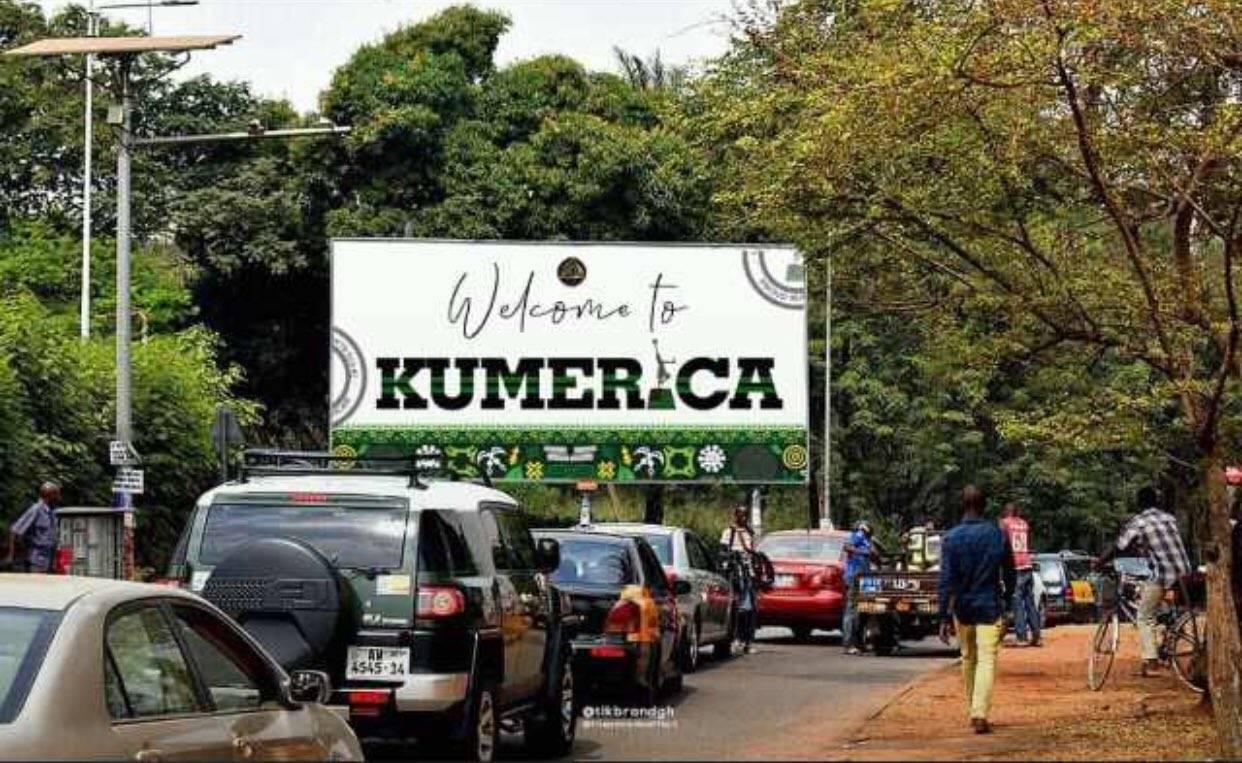What are KNUST Cut Off Points for this academic year?
In late April, the management of West Africa’s premier science and technology university, Kwame Nkrumah University of Science and Technology in Kumasi, released application forms for potential students interested in enrolling in a program at the university for the 2022/2023 academic year.
KNUST attracts a lot of applicants because it is regarded as the top school in West Africa and the 14th best in Africa, therefore the admission process can be quite tedious.
Due to the competitive quality of the courses, it is recommended that you have a first look at the KNUST cut-off point for 2022/2023 to serve as guidance in choosing your desired programs to avoid any depressing situation when you’re forced to choose what you don’t want later because you didn’t pay attention. In addition, these points could tell you if you qualify for a specific course or not.
To serve as a guide, we’ve created a list of all the programs offered by KNUST and their cut-off points for 2022/2023.
Table of Contents
KNUST cut-off points 2022/23
Here is the list of all courses offered in KNUST and their cut-off points.
College Of Art And Built Environment
- BSc. Real Estate – 14
- BSc. Architecture – 10
- BSc. Land Economy – 11
- BSc. Fashion Design – 16
- BA Publishing Studies – 15
- BSc. Development Planning – 13
- BFA. Painting and Sculpture – 19
- BSc. Human Settlement Planning – 15
- BSc. Ceramics Design Technology – 24
- B.Ed. Junior High School Specialism – 24
- BSc. Textile Design and Technology – 17
- BA. Integrated Rural Art and Industry – 17
- BA. Communication Design (Graphic Design) – 15
- BSc. Metalsmithing and Jewellery Technology – 22
- BSc. Construction Technology and Management – 14
- BSc. Quantity Surveying and Construction Economics – 13
College Of Engineering
- BSc. Civil Engineering – 12
- BSc. Marine Engineering – 14
- BSc. Geological Engineering 14
- BSc. Chemical Engineering – 12
- BSc. Industrial Engineering – 16
- BSc. Materials Engineering – 15
- BSc. Computer Engineering – 12
- BSc. Aerospace Engineering – 12
- BSc. Petroleum Engineering – 09
- BSc. Biomedical Engineering – 07
- BSc. Agricultural Engineering – 17
- BSc. Mechanical Engineering – 12
- BSc. Automobile Engineering – 16
- BSc. Metallurgical Engineering – 17
- BSc. Petrochemical Engineering – 10
- BSc. Electrical/Electronic Engineering – 09
- BSc. Telecommunication Engineering – 14
- BSc. Geomatic (Geodetic) Engineering – 15
College Of Health Sciences
- BSc. Nursing – 10
- BSc. Midwifery – 11
- BSc. Medical Imaging – 11
- BSc. Herbal Medicine – 23
- BSc. Physician Assistantship – 08
- Pharm D (Doctor of Pharmacy) – 06
- BSc. Human Biology (Medicine) – 06
- BSc. Medical Laboratory Technology – 08
- (DVM) Doctor of Veterinary Medicine – 15
- BSc. Physiotherapy and Sports Science – 14
- BSc. Disability and Rehabilitation Studies – 17
- BSc. BDS (Dental Surgery) (Fee-Paying Only) – 08
College Of Humanities And Social Sciences
- LLB – 06
- BA. English – 24
- BA. History – 18
- BA. Sociology – 14
- BA. Linguistics – 18
- BA. Economics – 13
- BA. Social Work – 14
- BA. Political Studies – 12
- BA. Religious Studies – 24
- BA. Akan Language and Culture – 24
- BA. French and Francophone Studies – 15
- BA. Media and Communication Studies – 13
- BA. Geography and Rural Development – 13
- BSc. Hospitality and Tourism Management – 13
- BSc. Business Administration (Accounting/Banking and Finance) – 08
- BSc. Business Administration (Marketing/International Business) – 12
- BSc Business Administration ((Human Resource Management/Management) – 10
- BSc. Business Administration (Logistics and Supply Chain Mgt/Bus. Info. Tech.) – 11
College Of Science
- BSc. Physics – 22
- BSc. Statistics – 15
- BSc. Chemistry – 20
- BSc. Biochemistry – 12
- BSc. Mathematics – 19
- Doctor of Optometry – 07
- BSc. Actuarial Science – 12
- BSc. Biological Science – 12
- BSc. Computer Science – 13
- BSc. Environmental Sciences – 17
- BSc. Food Science and Technology – 14
- BSc. Meteorology and Climate Science – 20
What about the KNUST Obuasi campus?
In September of this year, the Kwame Nkrumah University of Science and Technology (KNUST) opened its Obuasi campus. The Kwame Nkrumah University of Science and Technology’s Obuasi campus is a satellite campus created as a way for the university to expand outside Kumasi.
Residents in and around Obuasi now have easier access to tertiary education thanks to the opening of the KNUST Obuasi campus.
Given its location, the KNUST Obuasi campus has a significant attraction for engineering courses, as you will notice in the list of courses with their cut-off points below.
- BSc. Nursing (Obuasi Campus) – 14
- BSc. Midwifery (Obuasi Campus) – 15
- BSc. Civil Engineering (Obuasi Campus) – 22
- BSc. Materials Engineering (Obuasi Campus) – 24
- BSc. Geological Engineering (Obuasi Campus) – 24
- BSc. Environmental Sciences (Obuasi Campus) – 24
- BSc. Mechanical Engineering (Obuasi Campus) – 22
- BSc. Metallurgical Engineering (Obuasi Campus) – 24
- BSc. Medical Laboratory Technology (Obuasi Campus) – 13
- BSc. Electrical/Electronic Engineering (Obuasi Campus) – 22
- BSc. Geomatic (Geodetic) Engineering (Obuasi Campus) – 24
- BSc. BBA (Accounting/Banking and Finance) (Obuasi Campus) – 20
- BSc. BBA (Marketing/International Business) (Obuasi Campus) – 24
- BSc Business Administration ((HRM/Management) (Obuasi Campus) – 24
- BSc. BBA (Logistics & Supply Chain Mgt/Bus. Info. Tech.) (Obuasi Campus) – 24
Why is it important to check the cut-off points before applying for a course?
It is essential because it saves money to buy forms. For example, suppose your desired course has a cut-off point of 10. And you know your aggregate is 15; why would you waste money and effort to apply for a program you know you don’t qualify for? (A quick guide to how KNUST calculates your aggregate is found below.) But someone who doesn’t know these cut-off points would apply and later get a disappointing message from KNUST. So, this is one reason it is essential to know these cut-off points.
The KNUST Grading System
KNUST picks three (3) core subjects and three (3) elective subjects. The selection of the core subjects is dependent on the course you want to pursue. For instance, suppose I’m interested in a science course, say, engineering, or any health course; the three (3) core subjects chosen for aggregate calculation are; English, Integrated Science, and Core Mathematics. Then, your best three (3) elective subjects are selected in addition to these core subjects for your aggregate calculation.
However, if the desired course is a non-science course, in that case, the three (3) core subjects selected for aggregate calculation are English, Core Mathematics, and Social studies.
| WASSCE | SSCE | VALUE |
| A1 | A | 1 |
| B2 | B | 2 |
| B3 | C | 3 |
| C4 | D | 4 |
| C5 | D | 4 |
| C6 | D | 4 |
Unfortunately, KNUST doesn’t accept D7, E8, and F9 for admission purposes.
SHS leavers wishing to be enrolled in the university, make sure you qualify for the courses you want to pursue by knowing these KNUST cut off points.
Do you want to know more about KNUST courses and fees? Read more from here?
Let us know in the comment section what you think.
Also Read:



